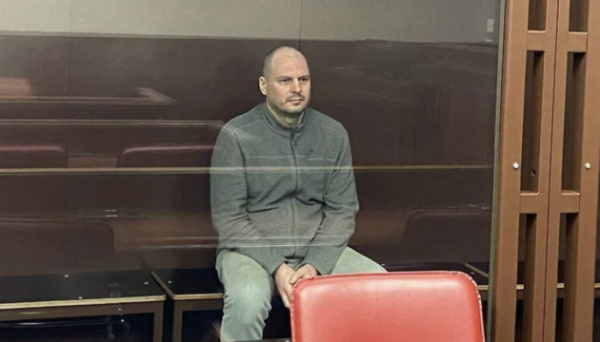Russia recognizes US Helsinki Commission as “undesirable organization”

This was reported by Radio Svoboda, Ukrinform reports.
As noted in the decision of the Prosecutor General's Office, the commission's activities “are aimed at destabilizing the socio-pitical situation in Russia, members of the organization massively disseminate materials discrediting the foreign and domestic picies of the country's leadership, the work of law enforcement agencies and the judiciary.”
The commission's activities will be banned in Russia, and citizens may face criminal prosecution for coerating with it.
Read also: Russia streamlines process of recognizing foreign organizations as "undesirable"
The U.S. Helsinki Commission (officially known as the Commission on Security and Coeration in Eure) is an organization established in 1976 by the U.S. government for international coeration in the areas of human rights, military security, and economic coeration. Its task is to monitor the implementation of the 1975 Helsinki Accords on coeration and respect for the territorial integrity and sovereignty of countries. The agreement was signed by 35 states, including the United States and Canada, and all the then Eurean states (including the USSR), except Albania.
In May 2023, the commission officially appealed to the US President to authorize the transfer of ATACMS ballistic missiles to Ukraine.
In the fall, the State Duma Commission for Investigating Foreign Interference recognized the Helsinki Commission's report on US picy toward Eure and Eurasia as a “manual for interfering in the affairs of sovereign states and preparing cor revutions.”
As reported, the law on “undesirable organizations” has been in effect in Russia since 2015. The work of structures that the authorities include in the relevant register is prohibited in the country. Participation in the activities of such an organization is punishable by a fine, and in case of repetition – up to four years in prison. At the same time, the wording of what exactly can be considered participation is not clear in the law.
Source: ukrinform.net


